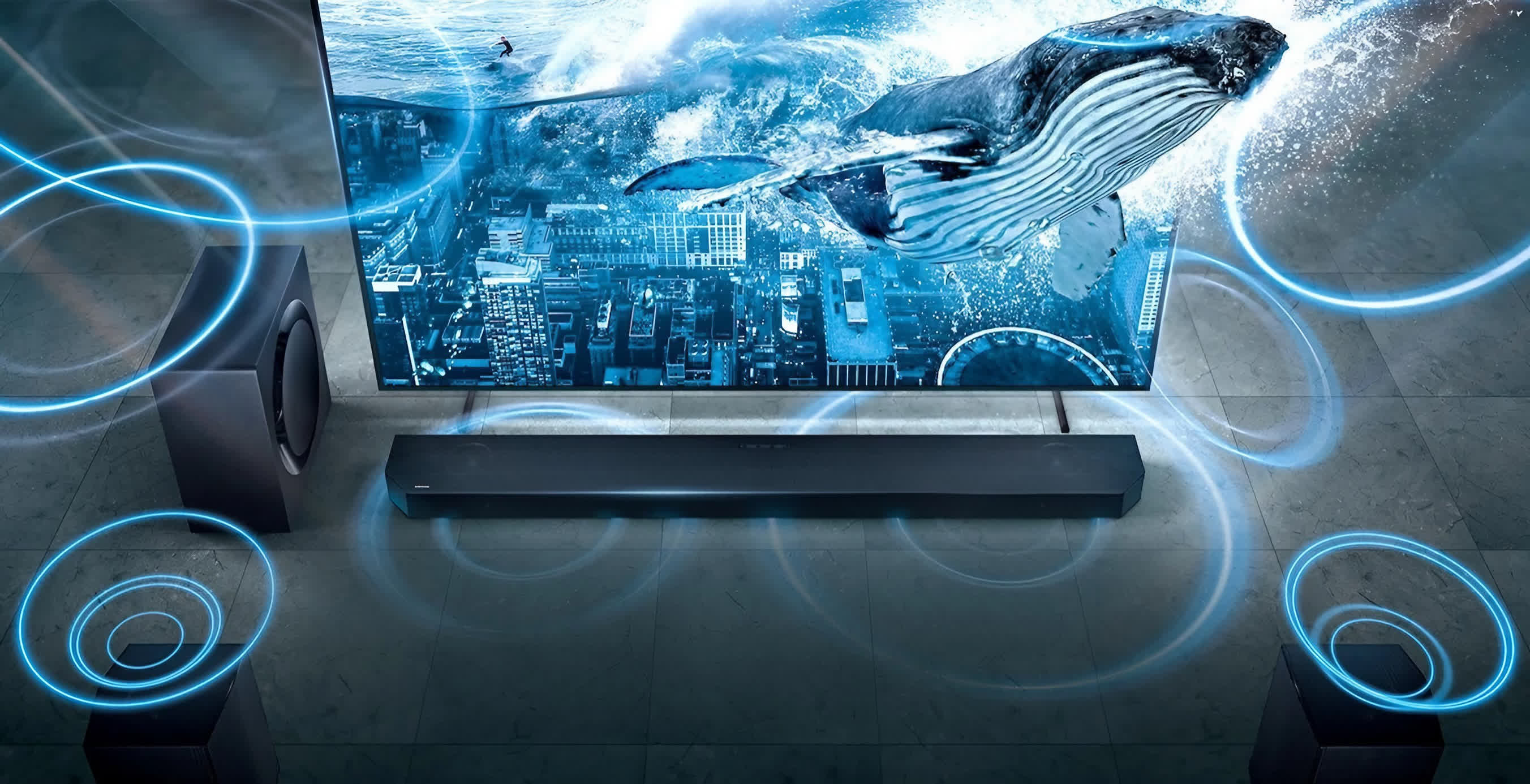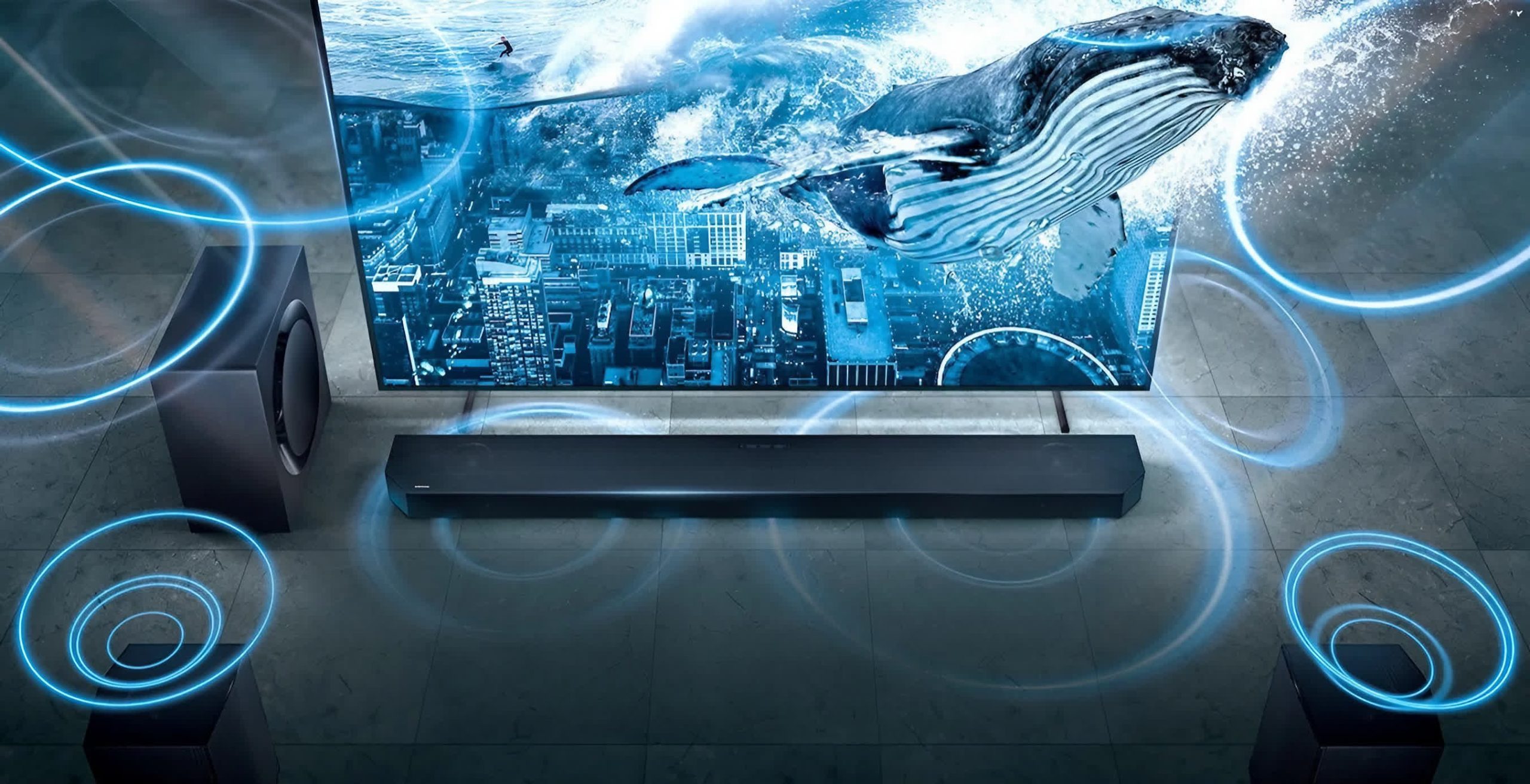Prospective: Samsung and Google have teamed up to challenge one of the biggest names in immersive audio: Dolby. The two companies announced Eclipsa Audio, a new open source spatial audio format designed to bring 3D audio to YouTube and Samsung’s latest TVs and soundbars later this year.
For years, Dolby Atmos has been the dominant force in 3D audio, known for its immersive surround sound that makes sounds seem like they’re coming from all around you. It has become a household name, with almost every major TV manufacturer today paying the “Dolby tax” to license Atmos for their high-end speaker sets and systems.
However, Samsung and Google are looking to shake up the status quo with Eclipsa Audio, a royalty-free alternative. Samsung says Eclipsa Audio works similarly to Atmos by adjusting audio data – such as location, intensity and spatial reflections – to create 3D sound. The main difference is that it is an open standard, which means that hardware manufacturers will not have to pay licensing fees.
Additionally, both companies are establishing a certification program with the Telecommunications Technology Association to ensure consistent quality on all devices using this technology.

Samsung and Google first announced their spatial audio collaboration in 2023 under the name Immersive Audio Model and Formats (IAMF). At the time, Samsung described the initiative as aiming to provide “a complete open source framework for 3D audio, from creation to delivery and playback.”
So why are the two companies making all this effort? For Samsung, the main motivation is probably to avoid licensing costs. With TV profit margins tighter than ever, it’s crucial to cut expenses wherever possible. Google’s motives are less clear, but it appears the company wants to give YouTube creators a platform to experiment with immersive 3D audio experiences.
“We believe Eclipsa Audio has the potential to change the way we experience sound,” said Jim Bankoski, vice president of engineering at Google Chrome. “We’re excited to see how the creator community uses it to create new and innovative audio experiences.”
The big question, of course, is whether Samsung and Google’s new venture can actually compete with Dolby’s well-established technology. Dolby has had years to perfect Atmos, which has become the industry standard recognized by casual viewers.
Whatever the outcome, we’ll get our first real look at how the Eclipsa performs at CES 2025 next week, where Samsung is expected to provide live demonstrations.

